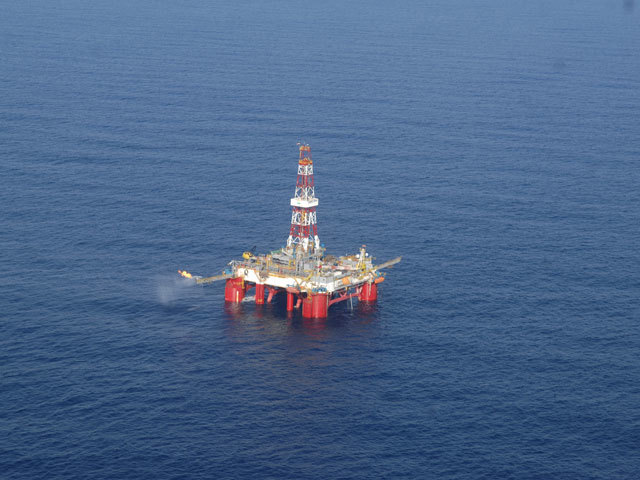
A consortium comprised of five oil giants was the winner of the first bidding round for the Libra block, offshore Rio de Janeiro.
The development of the ultra-deepwater prospect will be a joint venture by Petrobras (10%), Shell (20% interest), Total (20%), China National Petroleum Corporation (CNPC, 10%) and China National Offshore Oil Corporation (CNOOC,10%).
Brazilian state-run Petrobras is legally bound to take up a 30% stake in any auction in the prospect, bringing the company’s interest in the first auctioned block to 40%.
The contract sets out a four-year exploration period, including 3D seismic testing for the whole block, two exploratory wells and one extended well test as minimum work requirements.
The oil field in Santos Basin ultra-deep waters is located at a depth of about 16,500ft, below a thick layer of salt sediments, which poses an exploration challenge.
“The company believes that the integration of expertise and experience of the partners in Libra, especially Shell and Total, with their wide international activities in deepwater areas and by their long experience in managing the design and implementation of mega projects, will contribute significantly to achieving optimal results in implementing solutions for the production of Libra,” Petrobras said in a statement, following the bid.
“The participation of the Chineses companies, CNPC and CNOOC, complements the requirements for a strong and active consortium, presented by the financial strength and by the history of previous relationships of Petrobras in other business areas with Chinese companies.”
The sell-off of Brazil’s biggest oil field has been widely protested in the country’s capital, with the industry workers and unions claiming the auction by the Brazilian National Petroleum Agency (ANP) would damage national interests.
The Libra field holds between 8billion and 12billion barrels of recoverable oil, according to the country’s oil regulator – enough to almost double Brazil’s existing oil reserves.
The auction was the first under a three-year-old legal framework which sets out a minimum production profit share for the country.
The winning consortium offered 41.65% of the profit oil for Brazil’s federal government, on top of a signature one-off bonus of R$15billion (Brazillian dollars – £4.28billion).
